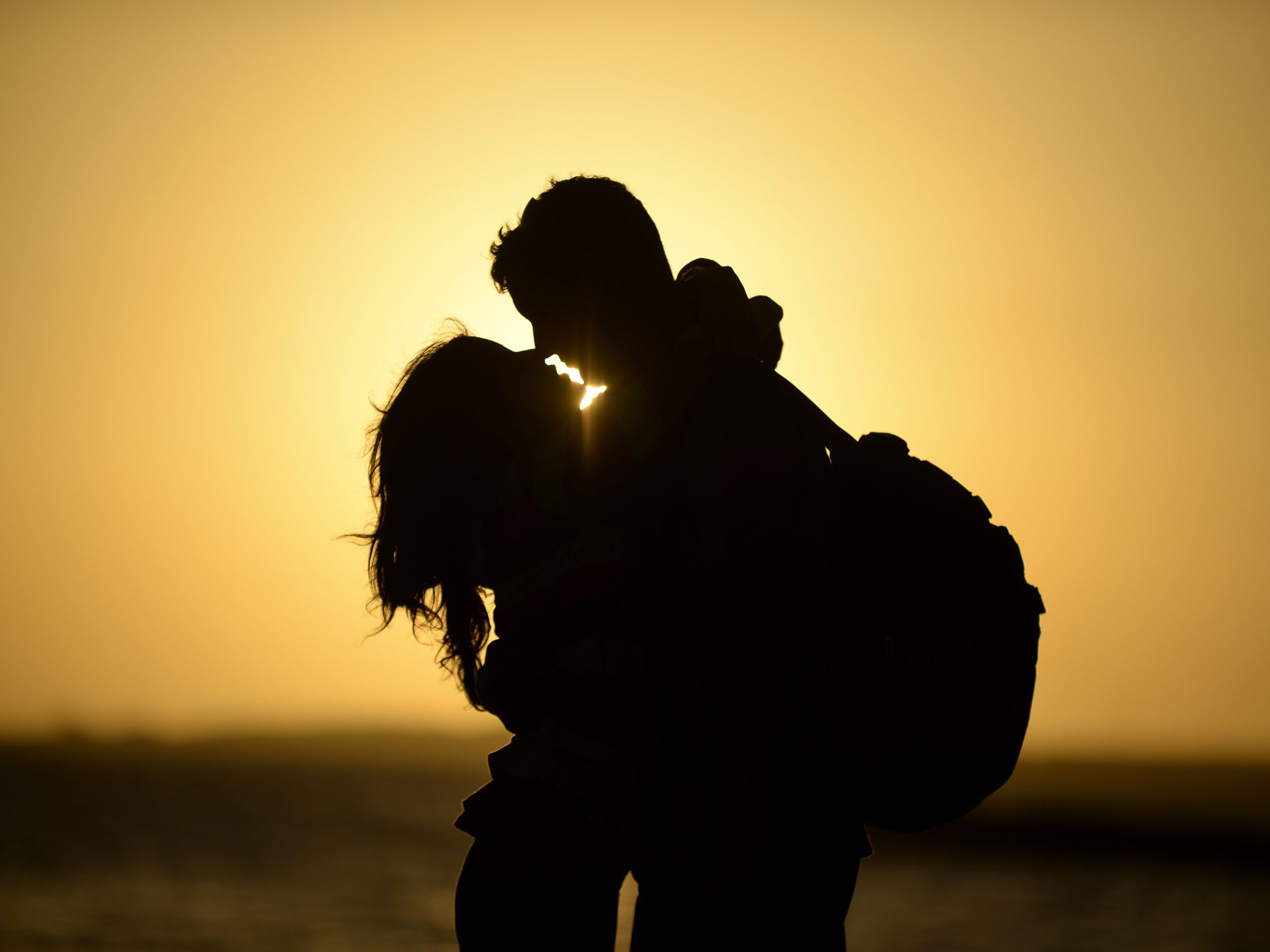Tinder makes users less likely to commit to relationships, experts warn
There is concern contemporary online dating has reduced the ability of people to devote themselves to one partner

Your support helps us to tell the story
From reproductive rights to climate change to Big Tech, The Independent is on the ground when the story is developing. Whether it's investigating the financials of Elon Musk's pro-Trump PAC or producing our latest documentary, 'The A Word', which shines a light on the American women fighting for reproductive rights, we know how important it is to parse out the facts from the messaging.
At such a critical moment in US history, we need reporters on the ground. Your donation allows us to keep sending journalists to speak to both sides of the story.
The Independent is trusted by Americans across the entire political spectrum. And unlike many other quality news outlets, we choose not to lock Americans out of our reporting and analysis with paywalls. We believe quality journalism should be available to everyone, paid for by those who can afford it.
Your support makes all the difference.Popular dating apps are making their users less able to commit in relationships, experts have warned.
While the use of apps such as Tinder and Bumble has surged in recent years, there is growing concern that contemporary online dating has reduced the ability of users to devote themselves to one partner due to the shopping-like experience it creates.
“The thing with online dating and Tinder in particular is that it’s making people less likely to commit,” said journalist and Tinder user Siam Goorwich on Radio 4’s The Long View programme.
“Users always think there’s something better out there, so even in the early stages of relationships, people are still going on Tinder and still looking for new partners or a better partner”.
On the same programme, dating scholar Zoe Strimpol compared modern dating apps with shopping. “When you buy something, it’s novel and when you’re done with it you dispose of it,” she said.
“There’s been widespread concern that web apps like Tinder have fostered that exact kind of disposability.”
With the ability to flick through a stream of other potential matches at the tip of our finger tips, the sentiment that ‘the grass is always greener’ rings true, with nothing to stop users from scanning Tinder, even in the early days of a relationship, to check there isn’t a better option out there.
Charly Lester, who runs the UK dating awards, believes that users are beginning to recognise this. “People are getting more selective again,” she said.
“Tinder has given people a broad range of choices and now people are trying to pare back those choices with more niche dating apps.”
But Goorwich is less optimistic about online dating, and believes that to win romance back, dating needs to start off-screen.
“My ideal would be to meet someone, shock horror, in real life, where you can make a real connection with them,” she said on the programme.
“I feel quite wary of dating sites and I think a lot of people are feeling the same. We’ve given them a go, they haven’t worked.”
Join our commenting forum
Join thought-provoking conversations, follow other Independent readers and see their replies
Comments